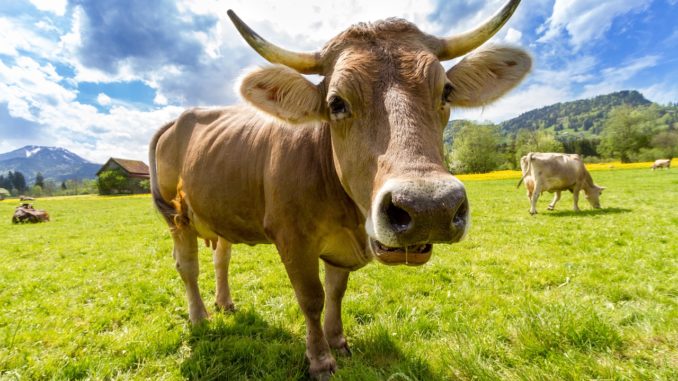
Dairy Farmer Organisation EMB calls for Hogan’s Head
plummeting prices despite the all the signals and scientific evidence have made the Commissioner’s position untenable, the EMB claim. […]

plummeting prices despite the all the signals and scientific evidence have made the Commissioner’s position untenable, the EMB claim. […]

The appointment of Kerry McCarthy as shadow secretary of state at the Department of Environment, Food and Rural Affairs (DEFRA) received at best a lukewarm response from the UK food and farming sector. How will she respond? […]
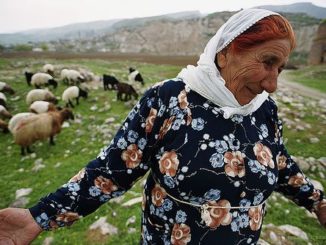
By Asutay Meriç, Agrobiodiversity Campaign Intern at Eco Ruralis Following a contentious and controversial election in Turkey politicians seem to continuously highlight that Turkey is Europe’s first and the World’s 7th largest agricultural producer. Roughly 80% of the hazelnut production, and most of the fruit and veg that is exported into the EU comes from Turkey. These figures sound impressive. However, for the last decade Turkish peasantry which holds nearly two-thirds of the Turkish farms has been the poorest segment of the society. Their political, economical and cultural rights are constantly violated by the ruling Government itself. According to the Turkish National Institute of Statistics (TNIS) (pdf), agriculture makes up 8,4% of the national income and 25 % of the employment. Its 38.6 million hectares of utilized agricultural land has a segmented structure where an average plot size has around 5 hectares. Turkey, an EU candidate country for more than 15 years, has a very large utilized agricultural areas compared to other European countries. Having such a strong rural base, the country has always been […]

20% the number of inspections and even more adjustment to the lighter shade of pale that is greening. Simplification Hogan style. […]

We need a new deal – a new citizen focused CAP. Guest post by Pete Richie of Nourish Scotland. […]

The UN climate talks in Paris have ended with an agreement between 195 countries to tackle global warming. What do the agreements mean for the future of our food and agriculture?

NewsFlash August-September 2015 […]

NewsFlash June 2015 […]

Newsflash April-May 2015 […]

Written By: Derek Freitas, Eco Ruralis Staff The Republic of Moldova is the 22nd largest wine-producing country in the world. For such a small country, it certainly grows a lot of grapes. Agritourism is on the rise and so is the market for its wines all across Europe but are there enough economic opportunities for small-scale producers? And how does the export focus of the national government affect the genetic diversity of grapes? Recently, Eco Ruralis staff made a visit to find out more. The land of the Republic of Moldova has a long and rich history of grape and wine production dating back to the Dacian times. The first grape vines were here around 7,000 BCE and for 5,000 years wine has been made – so, they are pretty good at it! Generations and generations of people living in the countryside have produced wine for family consumption and local trade which is still the case today. There are 4 historical wine regions: Valul lui Traian (south west), Stefan Voda (south east), Codru (central), and […]
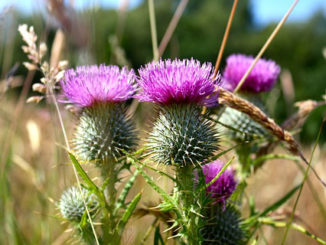
Most EU countries and regions have now declared their intention to not grow GM crops. In the UK, this means everywhere – except England, as Peter Crosskey reports. […]
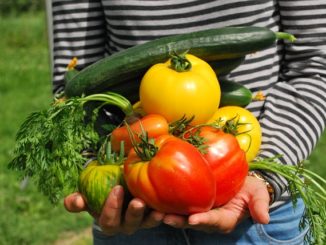
The UK’s Growing Livelihoods scheme to foster smaller-scale food growing has added a further five projects to the pilot phase it launched last year. The new arrivals in the Growing Livelihoods family are Bristol’s Beacon Farms, the Cwm Harry Cultivate group in south Wales, Cloughmills Community Action Team in Northern Ireland, the Cornish Tamar Grow Local group and Falkland Small Growers in Fife. The Tamar Grow Local group will convert an agricultural building into a shared packhouse, meeting space and office. This will extend the existing support for new market gardeners, who will be able to work together and establish new routes to market. With the Falkland Estate earning organic certification in May this year, two new businesses have been set up to establish a network of local growers. Falkland Kitchen Farm and Meadowsweet Organics are part of a plan to share equipment and services such as marketing organic crops. Cloughmills Community Action Team is building a geodesic dome, like the Eden Project, in which hydroponic salad crops will be grown, alongside mushrooms raised on […]
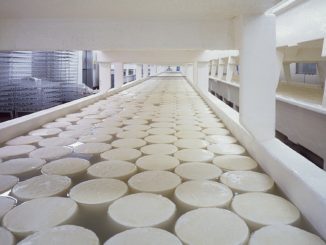
A broad alliance of German organisations has published an open letter to German Minister of Agriculture Christian Schmidt. […]
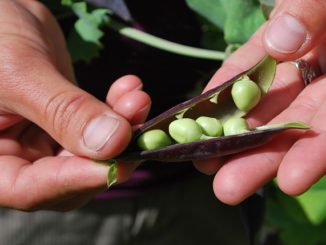
A workshop aiming to focus on learning from a new wave of food initiatives which are contributing to strong and lasting urban-rural links and are creating the foundations for a new generation of local development strategies. […]
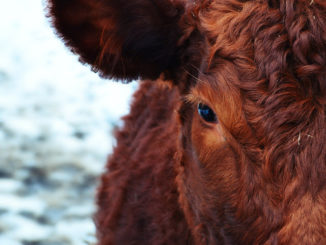
Agroforestry – saving the world with meat and sport | ARC2020 […]
Agricultural and Rural Convention